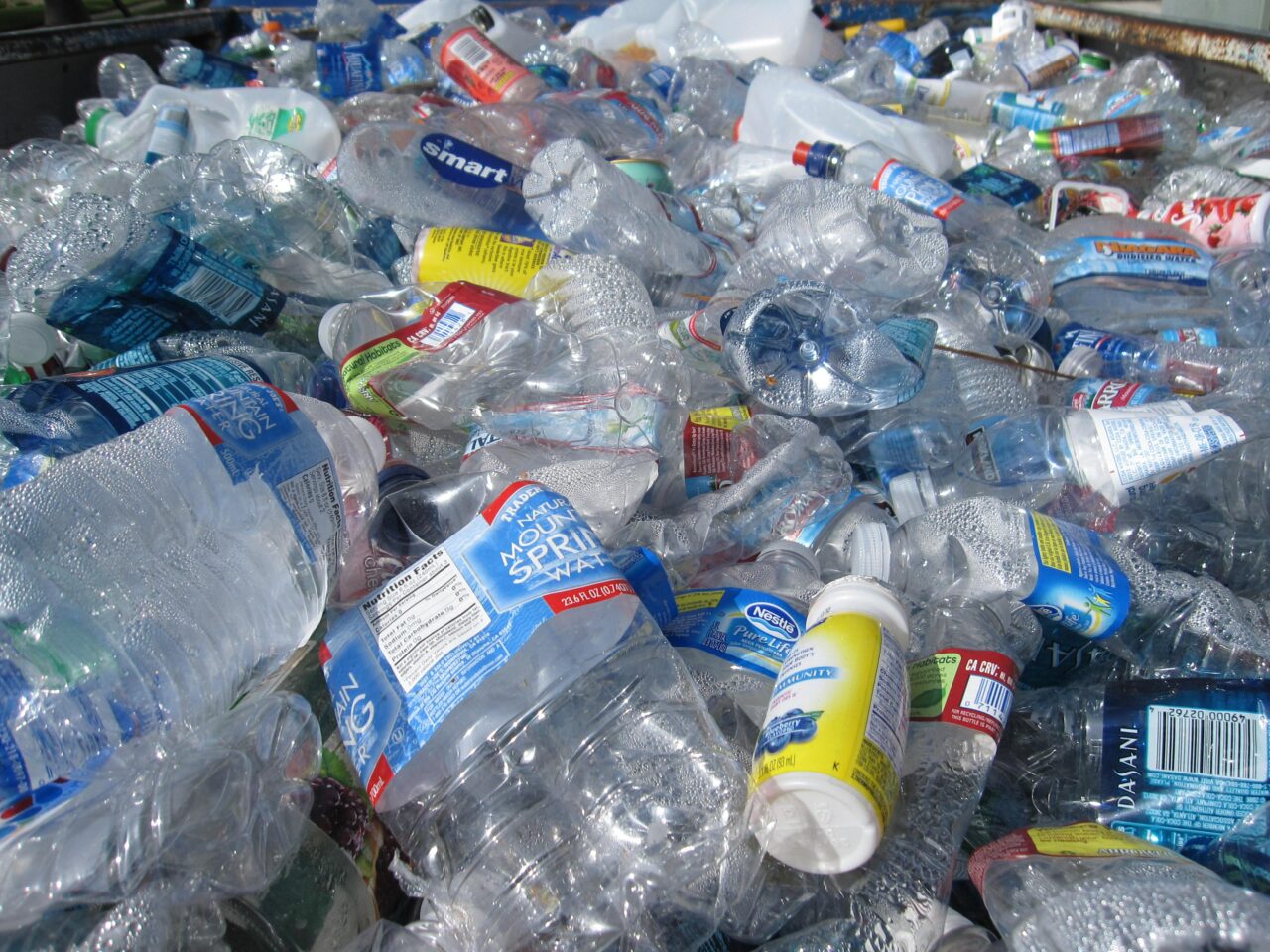Infinity Recycling aims to create a circular economy for plastics. Its new fund has landed Dutch investment agency Invest-NL as a cornerstone investor, and will invest in companies offering advanced recycling technologies

In brief
- US petrochemical companies have also invested in the fund
- Infinity Recycling aims to create a circular economy for plastics
- Market for advanced recycling may be worth $300 billion by 2050
Infinity Recycling, a Dutch impact investor founded by a former commodities trader and a finance executive, has just announced the first close of a fund aimed at tackling the plastic waste crisis.
Investors including US petrochemical companies Chevron Phillips Chemical and LyondellBasell, Singapore-based global materials organisation Indorama, and Dutch investment agency Invest-NL committed over €40 million to the Circular Plastics Fund.
“We are targeting residual waste streams destined for incineration or landfill,” Jan-Willem Muller, managing partner at Infinity Recycling, told Impact Investor.
The money will be invested in companies scaling up proven advanced recycling technologies, which can break down ever-increasing plastic waste flows into primary commodities. The end products can be reused as inputs for new products.
Muller, who spent 15 years as a trader/book leader for a large trading company in the petrochemical and gasoline industry, founded Infinity Recycling with Jeroen Kelder in 2019. Finance executive Kelder started his career at Dutch lender ING Groep and spent 18 years at GE Capital.
‘Waste crisis’
Infinity Recycling’s main aim is to create a circular economy for plastics.
The production of plastic has soared to 400 million tonnes, from 1.5 million tonnes in 1950. With production forecast to more than triple by 2050, and with less than one-fifth of all plastics being recycled globally, the remainder typically ends up in landfills, incinerators, or is being leaked into the environment.
It’s this ‘end-of-life’ waste crisis that Infinity Recycling is trying to solve, explained Kelder, who is also a managing partner.
“We help address a residual problem that cannot be solved mechanically due to pollution of the waste and the inherent characteristics of the waste (e.g mixed plastics, foils) which make it difficult to sort and recycle appropriately,” Kelder told Impact Investor.
‘$300 billion market’
The Circular Plastics Fund is an Article 9 ‘dark green‘ impact fund, which is the highest designation under the EU’s Sustainable Finance Disclosure Regulation (SFDR). The fund, which is targeting total investments of €150 million, is aiming for an annual net internal rate of return (IRR) of 18% to 22%.
“We will realise, monitor and disclose our impact, which is a very important part of our business,” said Muller. “Apart from our financial return, impact is of crucial importance to us.”
The global market for advanced recycling plastic may climb to 500 million tonnes per year by 2050 and generate more than $300 billion in revenues, according to consultancy firm McKinsey. It may account for around 40% of total sustainable virgin feedstock supply for new products.
“A lot of investors still think you can’t get a financial return with impact investing,” said Kelder. “But that is just not true; it is very possible to achieve both a high impact and a healthy return on your investment. This is potentially a huge market.”
Invest-NL
Both Kelder and Muller emphasised they look at the value of a commodity first, and then work backwards. By investing in advanced recycling technologies, the fund converts non-recyclable waste into chemical feedstock. This not only gives waste a value but also cuts the carbon footprint of the plastics economy.
Wouter Bos, a former deputy prime minister of the Netherlands who now leads Invest-NL, said his organisation decided to back the fund as a cornerstone investor because it “will invest in innovative technologies that enable the industry to increase the amount of high quality recycled plastics from low quality plastic waste streams”. This fits in with Invest-NL’s goal to create a more circular and sustainable Dutch economy.
“Our proposition is not just that we deliver risk capital, but we also bring together all the different parts of the value chain and make sure the interests are aligned,” said Kelder.
That’s exactly what attracted LyondellBasell to the Circular Plastics Fund.
“We believe collaboration across the value chain is critical to our joint success as we seek to end plastic waste in the environment,” said Richard Roudeix, senior vice president olefins and polyolefins, EMEA and India at LyondellBasell.
“Plastics enable a modern society and are essential to developing a more sustainable world,” added Roudeix. “Through this fund, we aim for society to continue to realise the benefits of these materials by supporting the continued development of recycling technologies to increase the recyclability of plastic waste.”
Benny Mermans, vice president of sustainability at Chevron Phillips Chemical, said the US petrochemical giant is “committed to ensuring plastics continue to deliver societal benefits without having a negative impact on the environment.”
Through its investment in the Circular Plastics Fund, Chevron Phillips Chemical “aims to support the most promising advanced recycling technologies, connect the value chain and prove the complementarity of mechanical and advanced recycling, all important steps to accelerate change for a sustainable future,” Mermans said.






